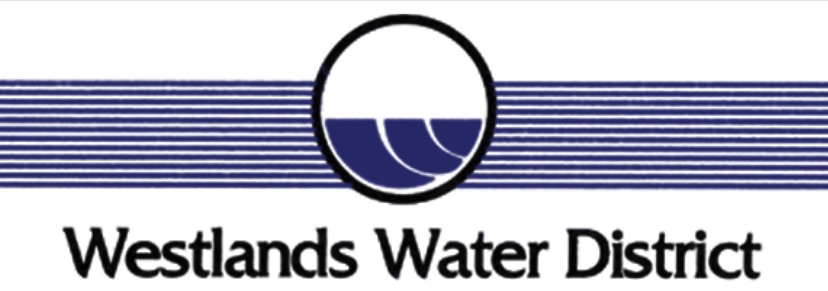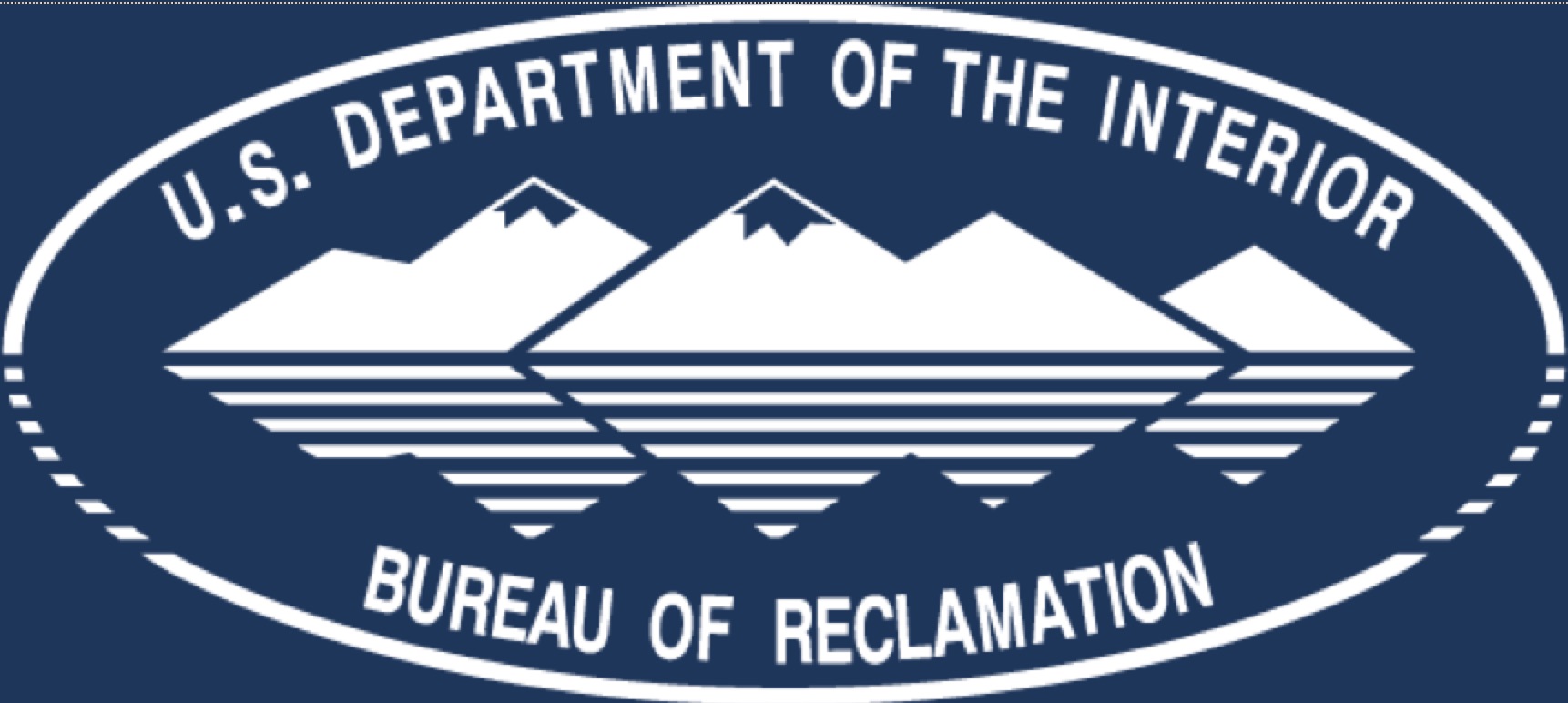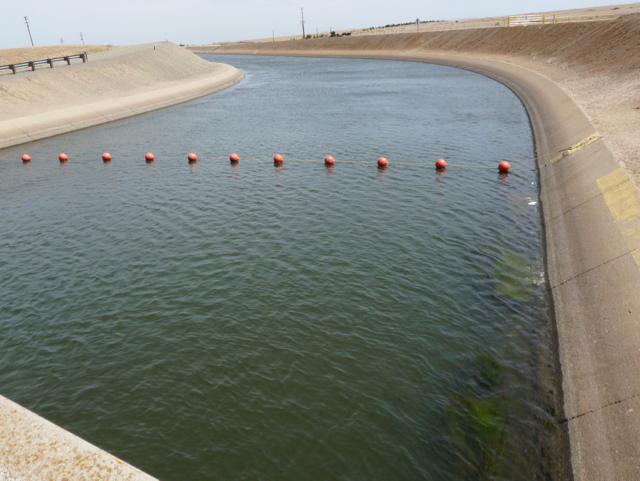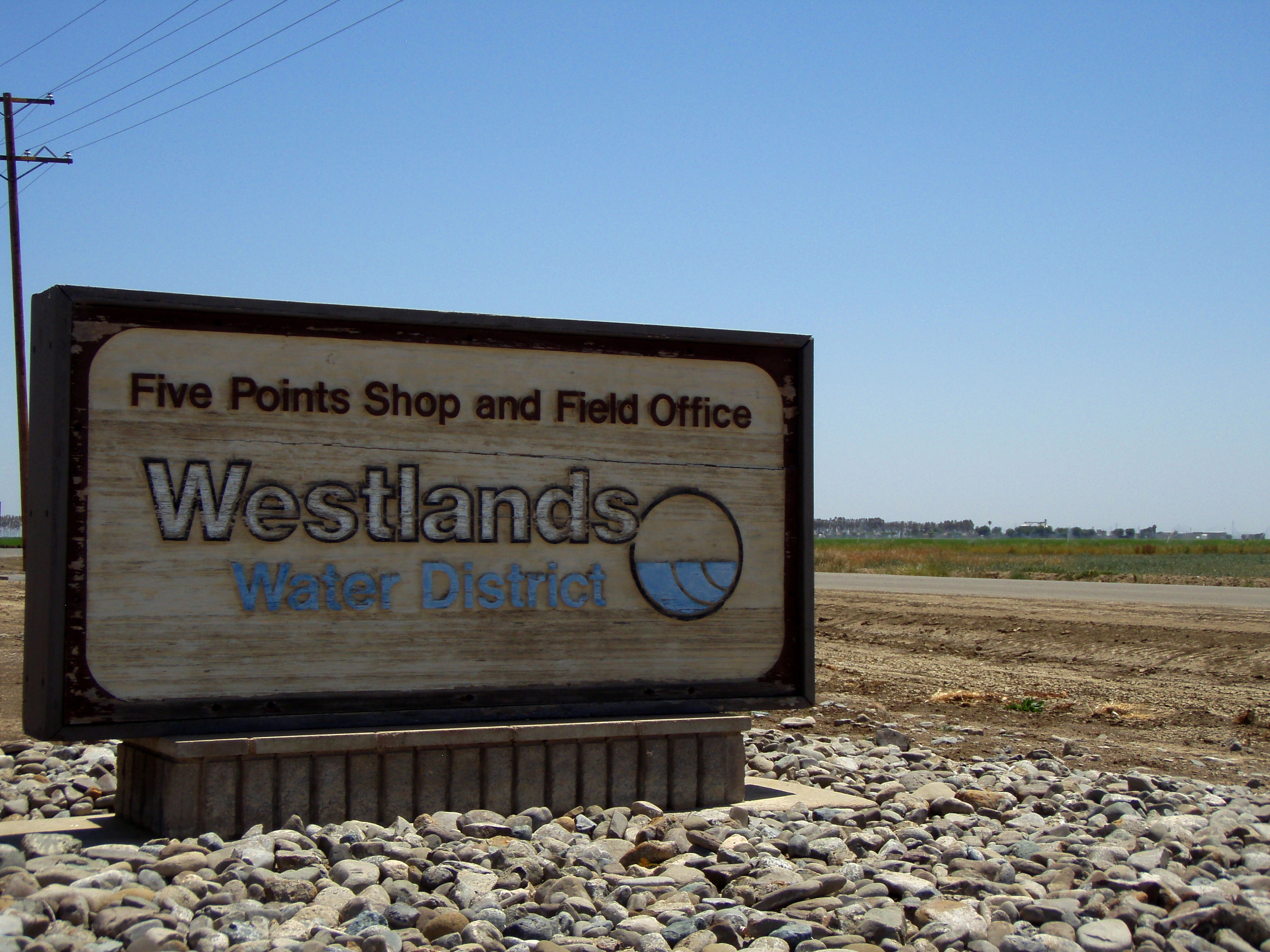Westlands Awards Eight Students Scholarships
Eight High School Students Awarded Westlands Water District’s 2021 Westside Scholarship
Westlands Water District is proud to announce the eight recipients of its 2021 Westside Scholarship, which recognizes and rewards exceptional academic achievement and leadership shown by graduating seniors at area high schools.
“Westlands is proud to recognize these outstanding students, whose accomplishments and achievements are points of great pride for the communities on the westside of the San Joaquin Valley,” commented Tom Birmingham, general manager of Westlands. “We hope these students will continue contributing to their communities during their college years and beyond and help build an even better future for generations to come.”
The recipients of the 2021 scholarships are:
Aidan Apgar – Aidan, a senior at Hanford West High School, plans to attend California Polytechnic State University in the fall of 2021 to study business administration. Aidan held a four-year commitment to the Future Farmers of America (FFA) program, water polo team, and swimming team. Aidan’s scholastic and extracurricular involvements were honored with a California Scholarship Federation: Lifetime Member achievement, placement on the honor roll for seven semesters, awards from both the water polo and swim teams, and FFA State and Chapter degrees. Aidan aspires to be in financial management.
Bryan Welch – Bryan, a senior at Coalinga High School, plans to attend California State University, Fresno, in the fall of 2021 to study mass communications and journalism. Bryan has been involved with the Pleasant Valley 4-H club for 10 years, tennis team for four years, Coalinga High School Band for three years, Coalinga FFA Chapter for two years, and as the announcer for the boys and girls basketball teams for three years. Bryan has served in a number of leadership roles with these groups, such as the president of the Pleasant Valley 4-H club, the vice president of the California Scholastic Federation Coalinga High School chapter, and team captain of the boys tennis team. Bryan aspires to become a sports broadcaster.
Chloe Scialo – Chloe, a senior at Hanford High School, plans to attend California State University, Fullerton in the fall of 2021 to study business. Chole has been involved with the Associated Student Body and is a member of the Hanford FFA chapter, earning both Chapter and Greenhand degrees. Chole is also involved with the Sons of Italy, Cabrillo, participated in the Girl Scouts of America and has earned a 10-year award from the Dancers Edge studio. Chloe aspires to become a real estate agent or work in interior design after completing her education.
Carlos Emilio Meza – Carlos, a senior at Lemoore High School, plans to attend the University of California, Santa Barbara in the fall of 2021, studying psychology and brain sciences. Carlos has been involved with the Guitar Club and has completed community service for the local Catholic church by volunteering time at various fundraisers. Carlos’s scholastic achievements have been recognized with an American Legion Award; Carlos also holds two jobs, one at Domino’s and another at a landscaping business. Carlos aspires to attend medical school and become a doctor or surgeon.
Jacquelin Garcia – Jacquelin, a senior at Tranquillity High School, plans to attend the University of California, Santa Barbara in the fall of 2021, studying psychology. Jacquelin has been involved with the Youth Leadership Institute, FFA, Anime club, and Drama club, and has taken on leadership roles as the President of Yearbook and Secretary of the Art Club. Jacquelin’s scholastic and extracurricular involvements have earned a Student of the Month award and an award for outstanding academics. Jacquelin aspires to become a psychiatrist.
Marcos Rivera Hernandez – Marcos, a senior at Mendota High School, plans to attend the University of California, Santa Cruz in the fall of 2021 to study computer science. Marcos has been a member of the Mendota FFA where he has earned an FFA Chapter and Greenhand degrees and conducted his own Supervised Agricultural Experience project. Marcos is also a member of the Mendota Junior State of America club, the Mendota National Alliance on Mental Illness Club, Link Crew, and the Mendota Youth Coalition. Marcos aspires to become a software engineer after completing his education.
Omar Almaraz – Omar, a senior at Firebaugh High School, plans to attend the University of California, Los Angeles in the fall of 2021, studying political science. Omar has been the captain of the football and tennis teams, been named a WSL Football Champion, and played for the soccer team. Omar was also involved with FFA, participating in Ag Awareness Day as the Sheep Showman Captain and winning Outstanding Showman and sheep production awards, obtaining a Firebaugh FFA Chapter Degree, and attending the California FFA Made for Excellence and Advanced Leadership Academy conferences. Omar will graduate high school with an associate’s degree from West Hills Community College. Omar aspires to become a government agent and farm owner.
Yasin Dominguez – Yasin, a senior at Riverdale High School, plans to attend West Hills Community College Disitrict in the fall of 2021, studying political science. Yasin has been involved with the Riverdale High School SMART (Students Mobilize Awareness and Reducing Trauma) Club and served as Club President in 2020 and 2021. Yasmin has also participated in the Associated Student Body as Secretary, Mental Health Awareness and Suicide Prevention Club as President, After Hours Club as Vice President and Secretary, Big Brother Big Sisters program as a mentor, Environmental Club, Academic Decathlon, AVID, Fresno State Education Talent Search, and Building our Leaders and Dreamers Cohort. Yasin aspires to become a writer and lawyer.
Each scholarship recipient will receive $1,000 for community college or university expenses. Applicants were judged on their academic performance, school activities, and community leadership.
Westlands Water District congratulates each of these talented students and wishes them the best of luck in their future academic and professional careers.
###
About Westlands Water District
Westlands Water District is recognized as a world leader in agricultural water conservation and has served the farmers and rural communities on the westside of Fresno and Kings counties for more than five decades. As stewards of one of California’s most precious natural resources, Westlands continually invests in conservation, and champions farmers deploying innovative irrigation methods based on the best available technology.

















